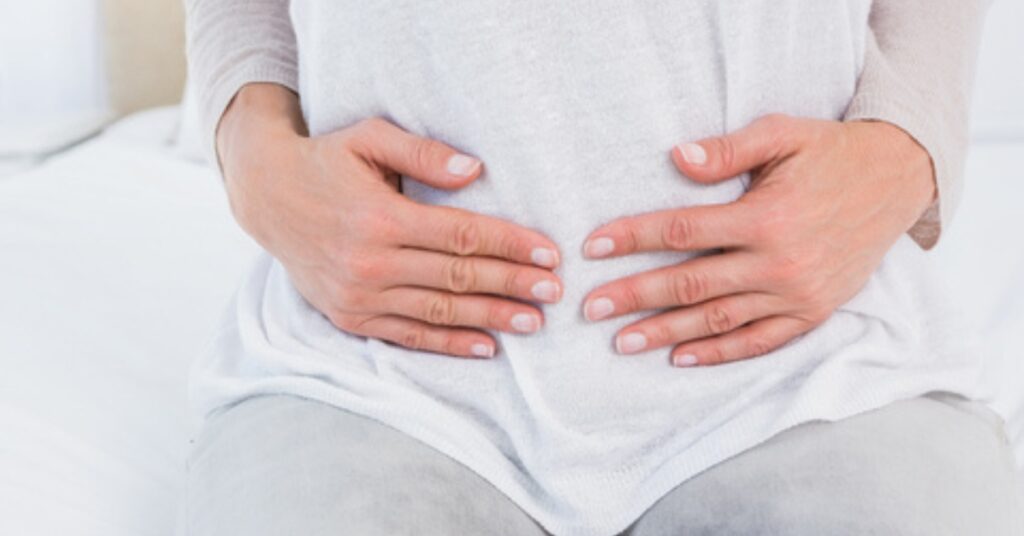Taking Care of Your Gut

You know the importance of gut health by now. It has always been an important aspect of holistic, natural medicine but recently other fields such as psychology, neurology, and even immunology are beginning to understand and stress the importance of maintaining a healthy gut lining and microbiome to treat and prevent serious and chronic diseases. Hippocrates, considered the founder of medicine, said “All disease begins in the gut” about two thousand years ago, so this knowledge is not new, but it is finally getting the attention it deserves.
The term “gut” in the health world refers to the hollow tube inside our body that runs from mouth to anus. When we are talking about the “gut microbiome,” aka gut flora or microflora, most health professionals are referring to the wide array of microorganisms such as bacteria that take up residence in our colon, the large intestine. The gut lining, or barrier, can be thought of as our “inside skin” and is inextricably linked to the microbiome. Gut health refers to the health of both the gut lining and the flora inhabiting the gut.
A healthy gut microbiome contains about one hundred trillion organisms with a wide diversity of species and creates its own ecology. It can be compared to a rich rainforest with all manner of creatures cohabitating in perfect harmony. When the gut is healthy and the microbiome is robust, we digest our food well, have healthy function of the gastrointestinal tract, including healthy bowel movements, our metabolism works well, and we can fight off infections.
When the gut lining is permeable or leaky and the microbiome lacks diversity or has an unhealthy balance of microorganisms, it creates an inflammatory environment in the body that has been linked to a lengthy list of conditions. Because gut health impacts every cell in the body and has many downstream effects that manifest as diseases that vary from person to person we could see autoimmune conditions such as Hashimoto’s, Rheumatoid Arthritis, and Type 1 Diabetes as well as other conditions, such as autism, skin issues like psoriasis, eczema or acne, irritable bowel disease and other digestive disorders, insulin resistance and metabolic diseases, mental illness, anxiety, depression, Alzheimer’s, heart failure, and fungal infections.
What damages gut health?
Many things in our modern environment have a negative impact on gut health. It is easy to slip into a vicious cycle as multiple factors that weaken the gut lining also impact the microbiome and vice versa. The gut barrier or lining is damaged by modern processed foods, particularly gluten, certain agricultural chemicals and food preservatives, alcohol, many pharmaceutical drugs, toxins in our environment like BPA and arsenic as well as stress and infections. The gut flora is negatively altered by things like antibiotics-both pharmaceutical and botanical, birth control pills, alcohol, stress, low stomach acid production, high sugar diets, low fiber diets, chlorinated water, and artificial sweeteners.
Learning to nurture a healthy gut
Learning how to take care of our gut health is not complicated but restoring it to a healthy state can be. If you are already suffering from any sort of chronic condition, especially related to digestive function, I highly recommend collaborating with a professional that understands how to manage gut health through natural health interventions. Many people try to solve these problems on their own without enough knowledge and while they may get some results, they often end up eating a very restrictive diet that helps them feel better, but they have not actually healed the root of the problem. Save yourself a lot of time and aggravation and enlist an experienced professional. Some of the recommendations below may not be appropriate for those suffering with a compromised gut.
If you are healthy and want to stay that way, here are some important tips to improve your gut health and keep it functioning well.
- Reduce or avoid the worst offenders for gut health destruction; excess alcohol, highly processed foods with added sugar or artificial sweeteners, unnecessary antibiotics (prophylactic for example), foods sprayed with agrichemicals, BPA, and chlorinated water.
- If you eat gluten-containing grains, choose organically grown and properly prepared versions. Ancient cultures and wisdom teach us that grains need to be soaked, sprouted, or fermented to make them more digestible and break down toxic compounds. Sourdough bread is a prime example.
- Eat a wide variety of plants grown without toxic agricultural chemicals, especially those that contain the fibers that feed the healthy bacteria of the microbiome like asparagus, green bananas and plantains, chicory, Jerusalem artichokes, garlic, onions, leeks, and lentils.
- Eat low-sugar, fermented foods such as sauerkraut (not pickled in wine or vinegar), kimchi, miso, plain yogurt, or kefir. Learning how to make your own fermented foods is a perfect, fun solution!
- Exercise regularly to stimulate healthy changes to the gut microbiome through a variety of mechanisms.
- Find ways to mitigate stress levels. The effects of stress on the gut microbiome cannot be understated.
We all know that eating a whole foods diet, sleeping well, managing stress levels, and exercising are important foundations to health. As we understand more about the role of the gut in all disease processes, it is plausible to consider that the positive benefits these activities have on our health are a direct result of their impact on the gut.
Perhaps we can paraphrase Hippocrates to; “All HEALTH STARTS in the gut.”

